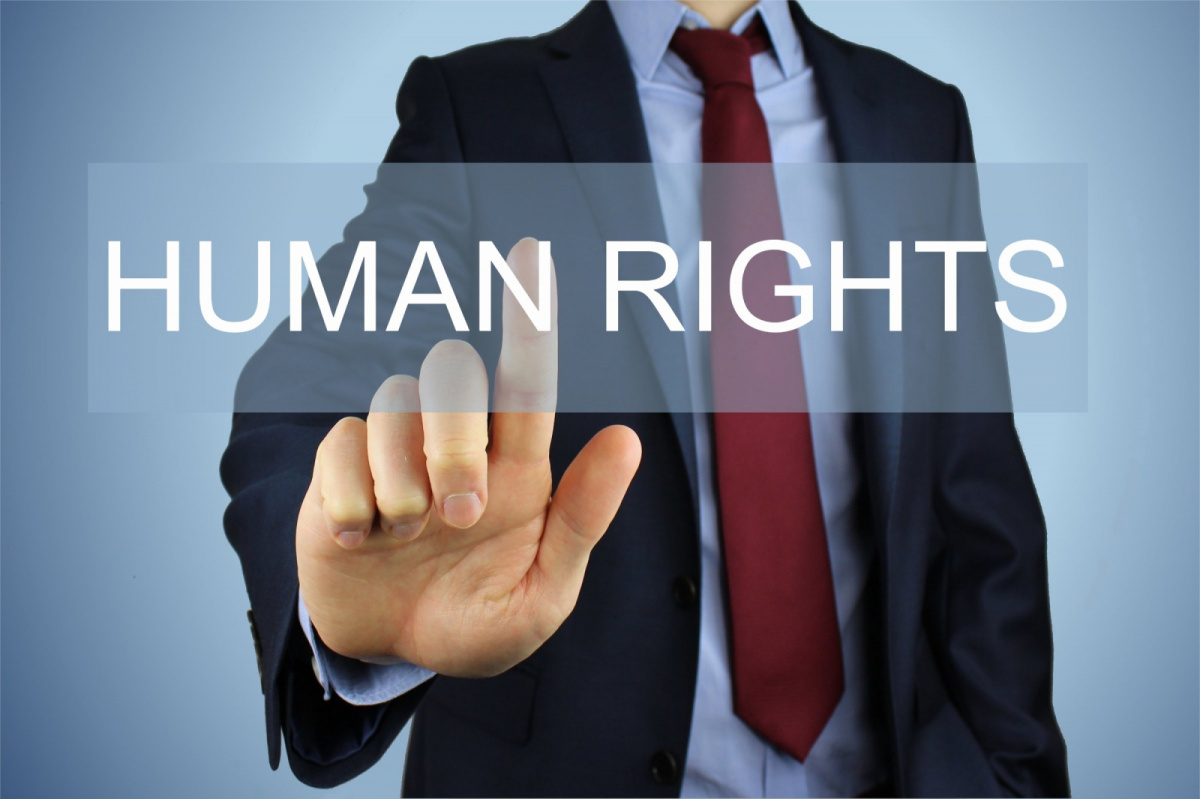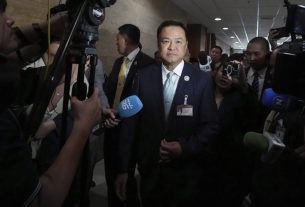Moscow, 6 August 2025 — The Russian government has significantly escalated its control over internet access and digital communications, raising serious concerns about human rights violations and the erosion of civil liberties. According to a recent report by Human Rights Watch (HRW), the Kremlin has expanded its censorship infrastructure, imposed arbitrary internet shutdowns, and blocked access to independent news platforms and social media services.
🔒 Systemic Censorship and Surveillance
The HRW report, titled “Disrupted, Throttled, and Blocked: State Censorship, Control, and Increasing Isolation of Internet Users in Russia”, documents how authorities have leveraged legal and technological tools to isolate Russia’s internet ecosystem. Since the full-scale invasion of Ukraine in 2022, the government has intensified efforts to:
- Throttle or block websites deemed subversive
- Restrict access to platforms such as Instagram and Facebook
- Suppress VPN usage while promoting state-controlled alternatives
- Conduct surveillance under the pretext of national security
These measures build on Russia’s 2019 “Sovereign Internet” law, which mandates internet service providers to install equipment enabling state control over traffic routing and content filtering.
📉 Impact on Citizens and Civil Society
The crackdown has severely limited access to independent information and undermined freedom of expression. Journalists and activists have been targeted with criminal charges, particularly those critical of Russia’s actions in Ukraine or affiliated with opposition figures such as the late Alexei Navalny.
HRW researcher Anastasiia Kruope stated:
“Russian authorities have carved out a tightly controlled and isolated internet space, violating their obligations under international law to uphold the rights to information, privacy, and free expression.”
🌐 International Implications
Russia’s digital authoritarianism poses a broader challenge to global internet governance and democratic norms. International organizations and tech companies are being urged to support civil society efforts to develop tools that bypass censorship and ensure access to independent information.
Sources:



